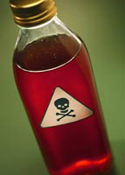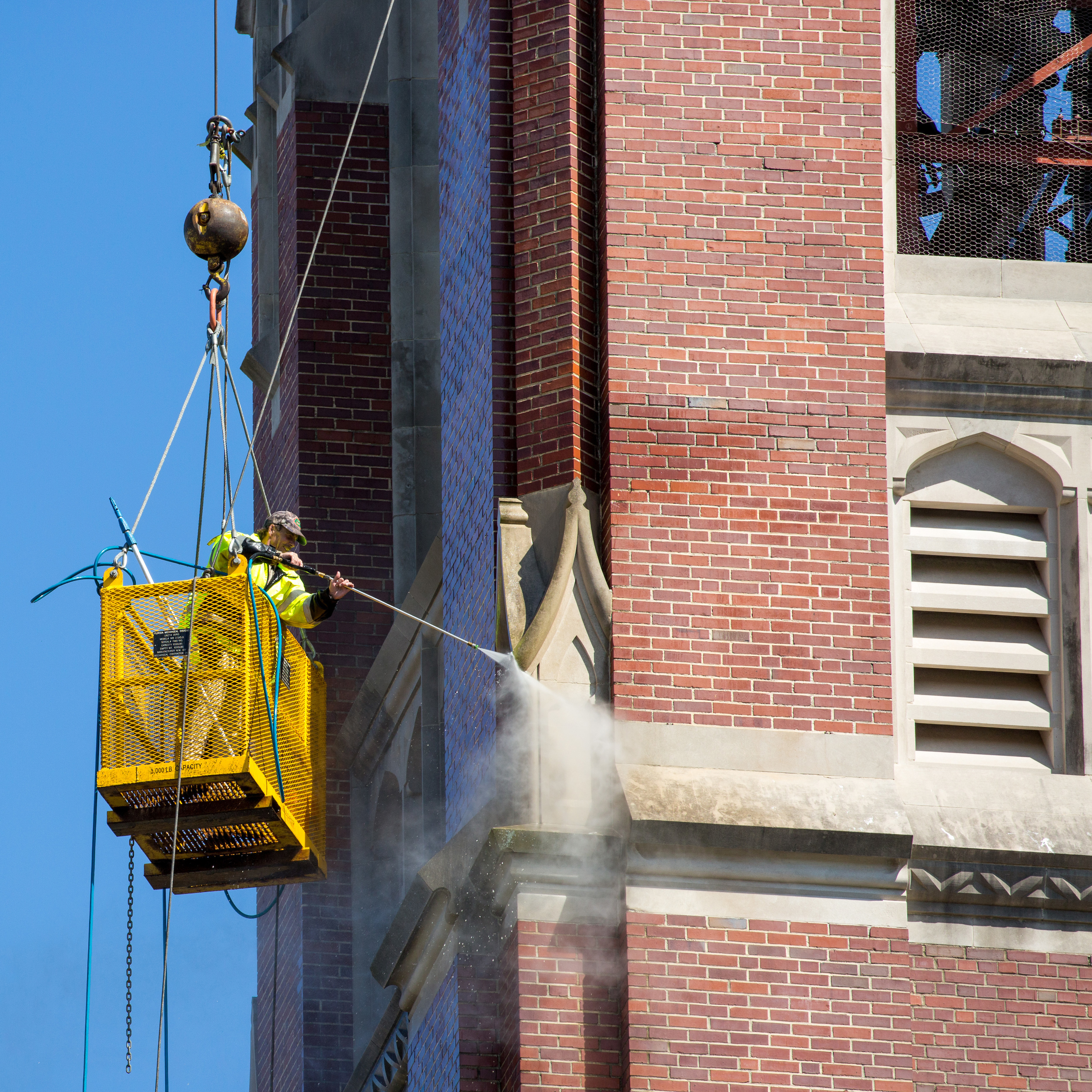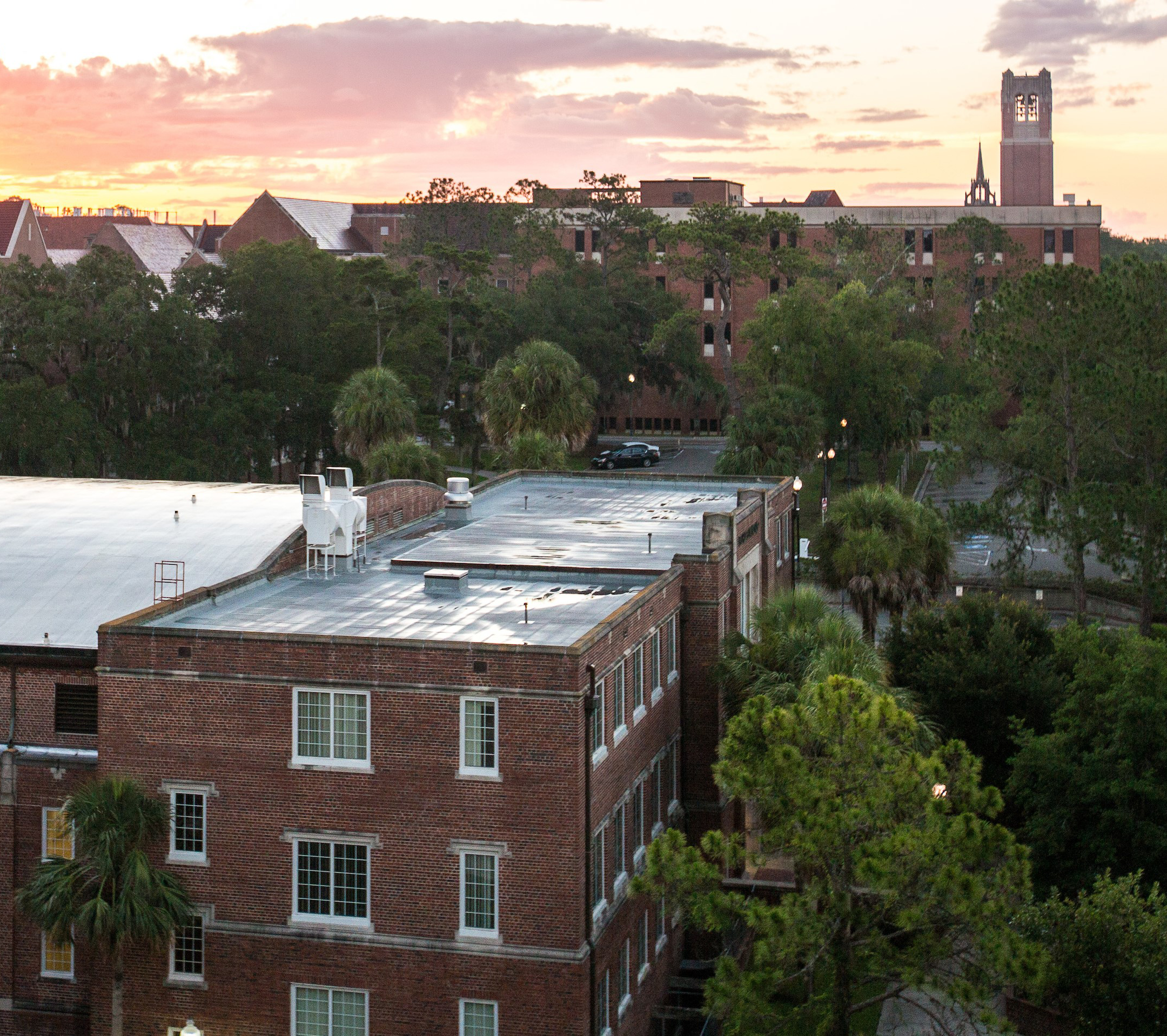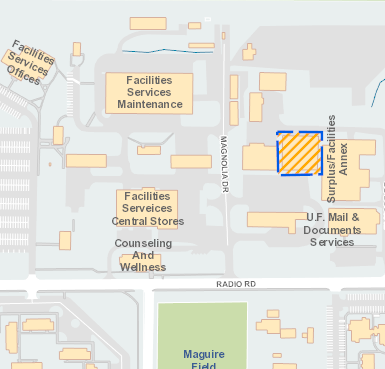Hazardous Waste

Identify and properly dispose of hazardous waste
Many of the chemicals used in everyday activities can be toxic when they enter aquatic systems. The U.S. Environmental Protection Agency estimates that the average household in America generates 20 pounds of hazardous household wastes annually. The typical home also stores 100 pounds of hazardous wastes in storage areas such as basements and closets.
Identify common household hazardous wastes
The following is a list of common household hazardous wastes that contribute to non-point source pollution:
Household items
|
Home improvement
|
Lawn and garden
|
Automotive
|
Properly dispose of household hazardous waste
Alachua County has a number of toxic and hazardous waste management facilities.
The largest of these facilities is the Household Hazardous Waste Collection Center (HHWCC), located at 5125 NE 63rd Ave. next to the Leveda Brown Environmental Park and Transfer Station (Waldo Rd North of the Airport — follow the signs). The center, operated by Alachua County Department of Environmental Protection, collects the following materials (free of charge, unless otherwise stated on their collection Web site):
- Poisons
- Flammable Liquids
- Corrosives
- Used Motor Oil and Filters, Brake Fluid, Transmission Fluid
- Automotive Batteries
- Antifreeze
- Stale Gas and Diesel Fuel
- Paints and Other Surface Coatings
- Aerosol Containers
- Dry Cell Batteries
- Fluorescent Lamps
- End of Life Electronics
If you are trying to dispose of a hazardous material that is not collected by the Household Hazardous Waste Collection Center, visit www.earth911.org and enter your zip code for waste collection centers in your area.
More Information
- Consider using less toxic alternatives
- Classification of Hazardous Materials, Ohio State University
- Rather than buying an entire container, check the Household Hazardous Waste Collection Center for previously donated items – these are free!





